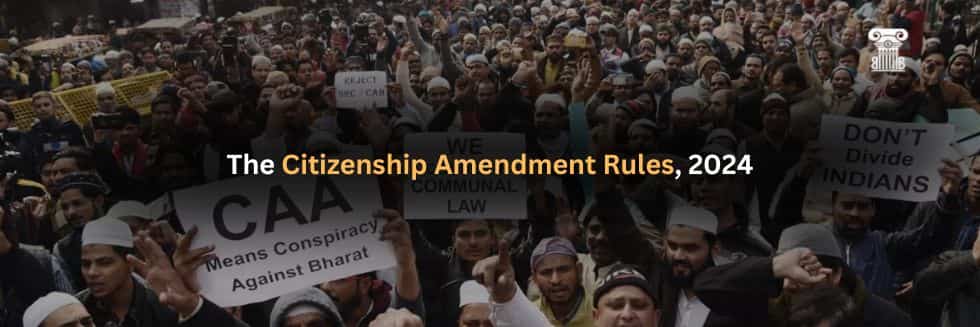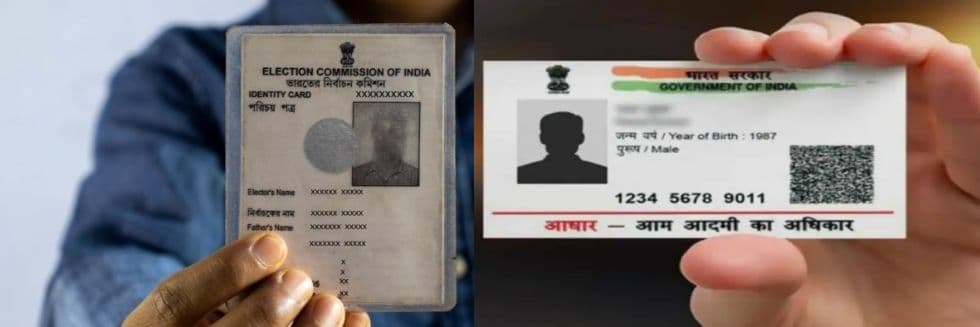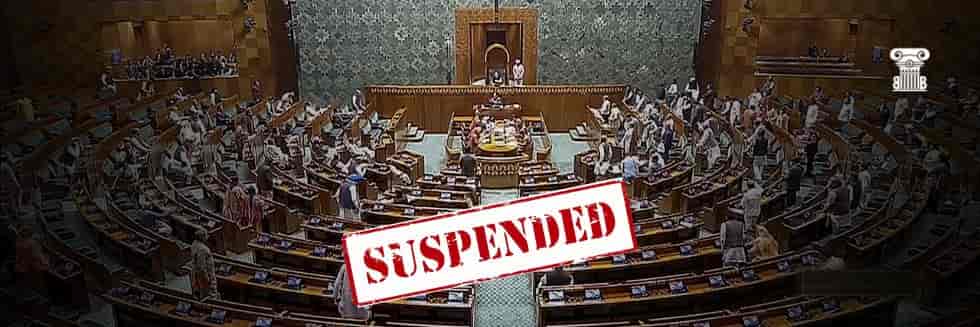Is abortion legal in India for unmarried woman?
Yes. Abortion is legal for an unmarried woman but there are certain conditions to make that happen. Thanks to the amendments that were made in the Medical Termination of Pregnancy Act, 1971 and also to the Pro-Choice movement activists who are working hard for reproductive rights. In 2020, the Union cabinet introduced the MTP Amendment Bill 2020 in Lok Sabha. It got Rajya Sabha’s nod in March 2021. These amendments in abortion laws in India have made safe abortion services accessible to all women, irrespective of their marital status.
These abortion law amendments are applauded among reproductive rights activists but flaws are still believed to be there. Many activists express their disappointment over the fact that new abortions laws in India still neglect the issue of bodily autonomy. It doesn’t recognize abortion as a woman’s choice that can be sought on-demand as practiced in 73 countries around the world. Because the doctor’s opinion plays a significant role in the overall decision.
Is Abortion Legal In India For Unmarried Girls?
Yes, abortion is legal in India for unmarried women too. In 2020, the Union Cabinet proposed an amendment to the Medical Termination of Pregnancy Act 1971 which became an Act in 2021. Medical Termination of Pregnancy Amendment Act 2021 recognizes the failure of contraceptives as a valid ground for abortion, for unmarried women too.
Earlier, MTP Act used to recognize the ‘failure of contraceptive’ or ‘unplanned pregnancy’ as a legal reason to abort only for married women. The law had stated that unmarried women cannot cite contraceptive failure as a reason for abortion.
In unmarried status, there will fall two categories – minors and adults. An adult unmarried woman can get an abortion done with her consent. However, a minor girl has to get consent from her guardian with telling the right reason to terminate the pregnancy.
Unsafe Abortion And Death Of 10 Women Per Day
Statistics is the first thing to go through while scrutinizing a problem, especially such a massive problem. Do you know that we are losing 10 women a day to unsafe abortion practices! Yes, the situation is that bad. It is estimated that 15.6 million abortions take place in India every year and 56 million abortions globally. So, we need to develop safer abortion laws in India because studies have found that restrictive abortion laws lead to an increased maternal mortality rate.
As per World Health Organization, the average mortality ratio in the countries with restrictive abortion laws (223 maternal deaths per 100,000 live births) are three times higher in comparison to the countries with less restrictive laws (77 maternal deaths per 100,000 live births).
Health Management Information System (HMIS) reports revealed the total number of abortions reported in India as per which
- 790,587 abortions took place during 2013–14,
- 901,839 abortions took place during 2014–15,
- 901781 abortions took place during 2015–16, and
- 970,436 abortions took place during 2016–17.
Another study by The Guttmacher Institute, New York, International Institute for Population Sciences (IIPS), Mumbai and Population Council, New Delhi estimates that over 15.6 million abortions took place in 2015. Out of them, 3.4 million (22%) were done in health facilities, 11.5 million (73%) through medical methods outside facilities, and 5% are expected to have been performed through other methods. The results of the study are published in Lancet Global Health Journal in December 2017 and is available under the title ‘The incidence of abortion and unintended pregnancy in India, 2015.
Abortion and Types Of Abortion Procedures In India
Abortion or Medical Termination of Pregnancy (MTP) is legal in India under certain conditions for the last 50 years. Continuous efforts are being made to improvise them. It is the process of removing an embryo or foetus from the uterus.
When it is done with a pregnant woman’s consent, it is called induced abortion. On the other hand, spontaneous abortion, also known as miscarriage, is the loss of pregnancy before the 20th week without any intention to abort.
When pregnancy is terminated after the legally prescribed period, it is considered foeticide while the pregnancy termination before that is called abortion.
There are two methods of abortion:
Oral Medical Abortion: Medical abortion is opted when the woman is in the sixth week of pregnancy. This is performed through medicines and is a non-invasive method of abortion. This method has a risk of the incomplete procedure too. 2 doses are given 48 hours apart.
Mifepristone and Misoprostol are the two approved drugs for abortion in India. Their use is approved for up to nine weeks.
Surgical Abortion: Another method of terminating an unwanted pregnancy is surgical. Surgical methods of abortion are suggested after seven weeks of gestation. It includes Manual Vacuum Aspiration, Electric Vacuum Aspiration and dilation and curettage
Abortion Classification
Before 2017, abortion was classified into two categories – safe abortion and unsafe abortion. After that, it was replaced by a three-tier classification which include
- Safe Abortion – MTP provided by healthcare workers with methods recommended by WHO
- Less Safe Abortion – MTP performed by trained providers using non-recommended methods or using a safe method (e.g. misoprostol) but without adequate information or support from a trained individual.
- Least Safe Abortion – MTP done by a trained provider using dangerous and invasive methods.
Evolution Of Abortion Laws In India
If we have to talk about the history of abortion laws in India, not much has been done. In the 50 years of Medical Termination of Pregnancy Act’s existence, it has only been amended twice – once in 2002 and then in 2021. The stats about mortality rate and this response, this seriousness raises concern. The issue, that has been long overlooked, should be considered cautiously to make the healthcare system better for women.
Formation of Shah Committee in 1964
To address the alarming number of abortions taking place in the country, the Ministry of Health and Family Welfare formed Shah Committee which was led by Shantilal Shah. The committee was instated to draft abortion laws for India.
After a thorough review of socio-cultural, legal and medical aspects of abortion, Shah Committee suggested legalizing abortion in India to avoid the loss of women’s lives on both compassionate and medical grounds. In its report, the committee also submitted that in the 500 million population, the number of abortions per year will be 6.5 million–2.6 million natural and 3.9 million induced.
The Shah Committee recommendations were accepted in 1970. The Medical Termination of Pregnancy Bill was passed in August 1971. The government has continuously bringing one or the other amendments in abortion laws in India to make the process more safer and accessible.
Is Abortion Illegal in India?
Until 1971, abortion was illegal and criminalized. Before MTP Act was introduced in 1971, abortion was criminalized in India under Section 312 of the Indian Penal Code, 1860. Section 312 described it as an ‘intentionally causing miscarriage’. The exemption was provided only in cases where a woman’s life is at risk.
As per Section 312, “whoever voluntarily causes a woman with child to miscarry, if such marriage be not caused in good faith for the purpose of saving the life of the woman, be punished with imprisonment of either description for a term which may extend to three years, or with fine, or with both; and if the woman be quick with child, shall be punished with imprisonment of either description for a term which may extend to seven years, and shall also be liable to fine.
At What Age Abortion Is Legal In India?
Is abortion legal in India for under 18? What is the legal age to abort in India?
The legal age of abortion is 18 years in India, irrespective of marital status.
An adult woman with an unmarried status can seek abortion on certain specific grounds and doesn’t need anyone’s consent to go for it.
However, a girl below the age of 18 has to get the consent of her guardians under the Medical Termination of Pregnancy Act.
Conclusion
So, we hope that you got answers to all your questions including is abortion legal in India for unmarried women. Besides knowing your abortion rights in India, it is advised to know your body too before taking any step. Proper medical checkup and advice is necessary in abortion cases. Therefore, make sure you are keeping yourself safe not only legally but physically also.
This article is written by Varsha. You can reach out to the author via email at bnbvarsha@gmail.com.








